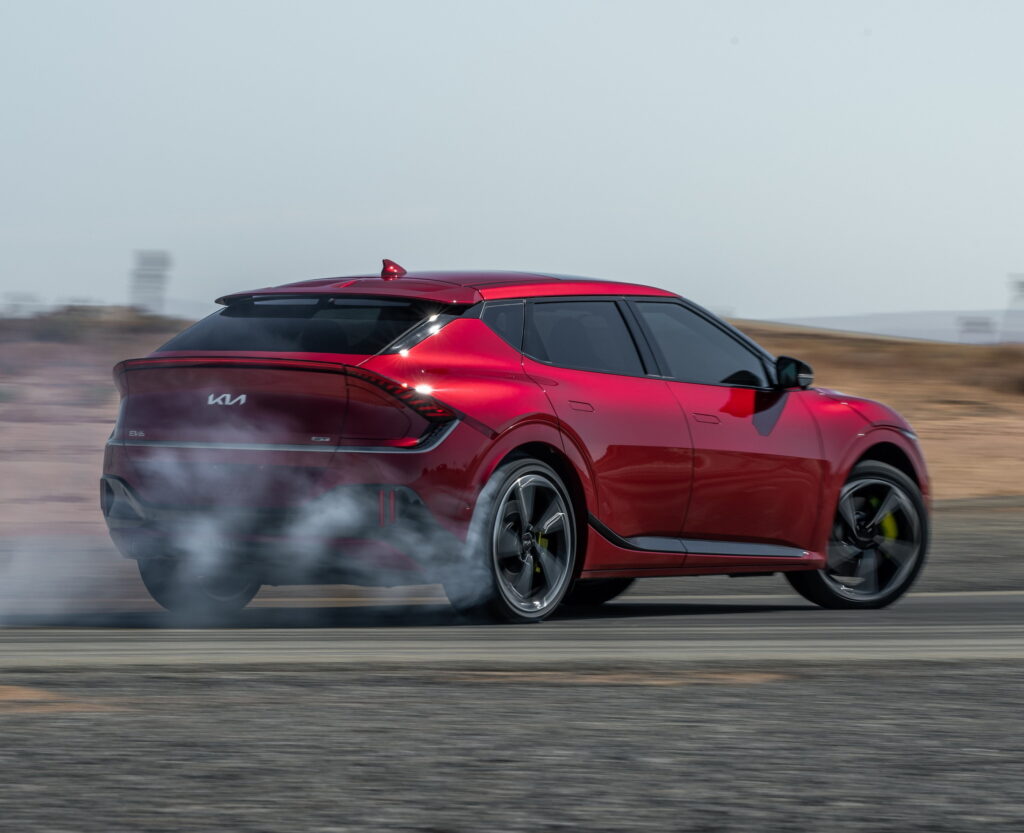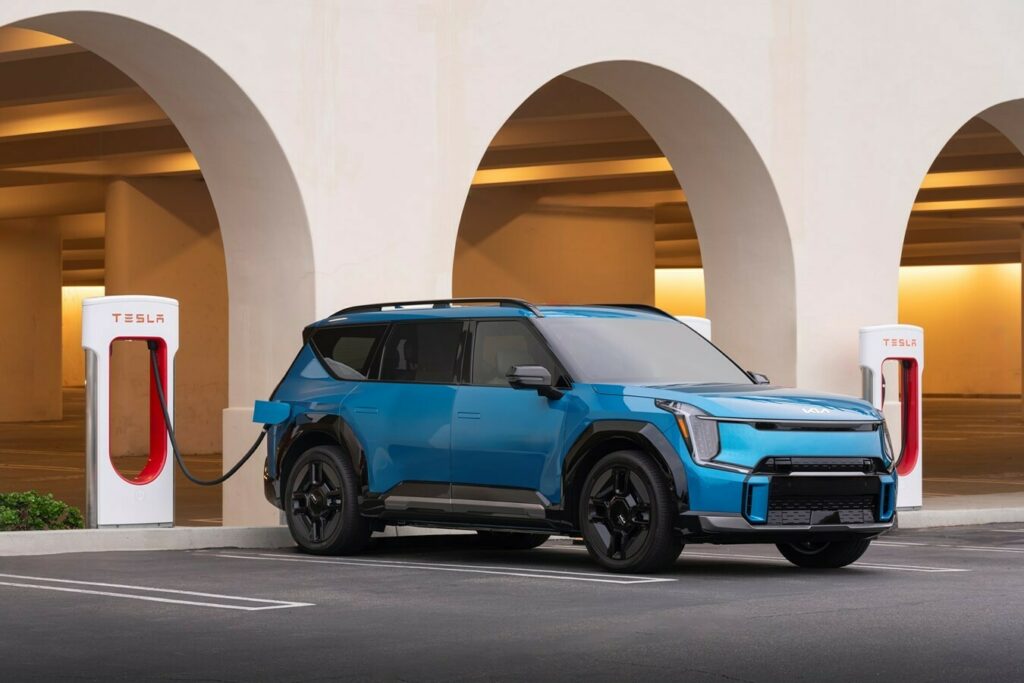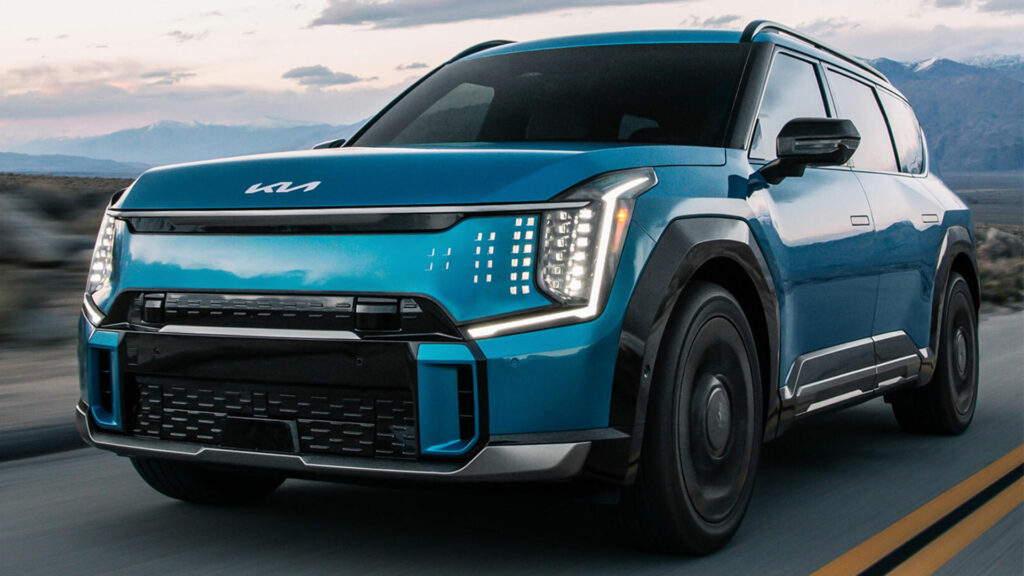- Hyundai, Kia, and Genesis are investing heavily in U.S. EV and battery production.
- The Korean group captured 10% of the BEV market in the first seven months of 2024.
- Production at the new Metaplant facility in Georgia will start in October.
Sales of Hyundai’s, Kia’s, and Genesis’s battery-electric, hybrid, and plug-in hybrid vehicles remain strong in the United States, and thanks to multi-billion dollar investments and new facilities, the group is strengthening its electrified business.
The Hyundai Motor Group, which includes the three brands, clinched the title of the second-largest EV seller in the United States through July, trailing only behind Tesla, which continues to dominate with just over 50% of the EV market share.
The Korean conglomerate captured 10% of the market share, outpacing Ford at 7.4% and General Motors at 6.3%. This achievement is particularly notable given that Hyundai’s EVs are not currently eligible for the $7,500 federal EV tax credit—though, it’s a hurdle they’ve cleverly bypassed through the leasing loophole.
Read: 2024 Kia EV9 GT-Line Is The Ultimate Family Electric SUV
To offset the lack of local production and incentives, Hyundai and Kia are passing down the full $7,500 credit to anyone who chooses to lease one of its EVs, rather than purchase it. Speaking with Auto News, Hyundai said its lease rate for EVs is 60%, while Kia says its leasing rate for EVs is between 60% and 70%.
Huge investments will help the South Korean conglomerate. Construction at its Metaplant EV and battery complex in Georgia is progressing and the facility will come online in October. It will have an annual capacity of 300,000 EVs, which can be expanded to 500,000 units. A dedicated battery facility is also in the works through a joint venture with LG Energy Solution and should be completed by the end of 2025.

Kia recently started production of the all-electric EV9 at its upgraded site in Georgia, and delivery of these locally-made vehicles will start in October. As they are manufactured in the U.S, they will be eligible for the full $7,500 tax credit. Next year, a joint venture battery plant with SK On will open its doors in Georgia and supply batteries for EVs built at Hyundai’s existing plant in Montgomery, Alabama.
It’s not just BEVs that the group is focusing on. Sales of Hyundai’s hybrids and plug-in hybrids have jumped 25% this year through July. Curiously, Kia’s hybrid sales are down 21% across the first seven months of the year, but demand remains strong for electrified versions of the Sportage, Sorento, and Niro.




